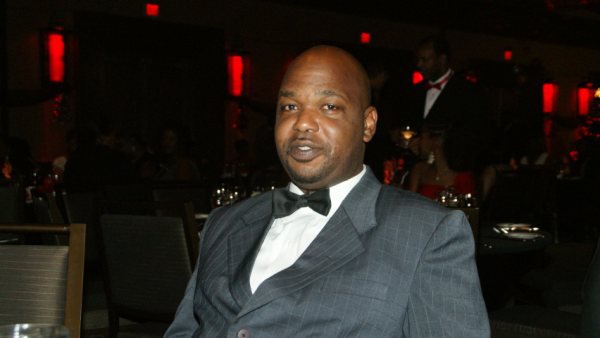 SMMC communicates with USZV by email even in the gravest cases after hours.
SMMC communicates with USZV by email even in the gravest cases after hours.
PHILIPSBURG: --- The Inspectorate of VSA has found through its investigation which was requested by SMN News with regards to how medical referrals are handled at SMMC through USZV.
It should be noted that SMN News requested that an investigation be conducted when one of our colleagues in the media industry had to wait over 17 hours before he could have been airlifted to the Dominican Republic for further medical assessment. The patient and colleague Samuel Allen Jr died moments after he was flown to the Dominican Republic alone by air ambulance, something that could have been prevented if SMMC had sought expert advice from the neurologist on the French side or any other island they are working with.
In the report, SMN News received from the Inspectorate it is clear that the St. Maarten Medical Center does not have proper protocols in place to coordinate with specialists abroad prior to taking a decision to air vac patients abroad for further medical treatment. Had SMMC had such protocols and or agreements with hospitals or specialists overseas it would save USZV monies if they had received proper assessment on the patient before sending them overseas for medical treatment, besides saving the insurance company monies, it would also enable the medical institution to properly advise the relatives of the patient in question on the full medical condition of their loved ones and what the ultimate outcome would be if the patient is sent overseas or if the patient remained on St. Maarten during their last hours where relatives could have spent those last hours beside their loved ones as they transition.
What is amazing in the report it shows that SMMC would make contact with USZV by email whether or not it’s at night to request medical evacuation rather than picking up a telephone to make the emergency request, this, of course, causes an unnecessary delay for the patient who needed emergency care.
The report further states that it is not clear if USZV evaluates the requests by SMMC for medical referrals and exactly how it is done since SMMC has to rely mostly on its treating physician to decide whether or not they would send a patient overseas for further medical evaluation or treatment. The report clearly states that had SMMC made contact with a neurologist prior to evacuating the patient to the Dominican Republic it would have made a difference, another important point in the report states that it is not clear how the foreign air ambulance operator made its assessment on flying out the patient since they are never in contact with a specialist (in the case of Samuel Allen Jr, a neurologist.) The report also stated that after several hours when contact was made with the local air ambulance they were unable to air vac the patient overseas. At that point, USZV began making arrangements with an overseas air ambulance again by email.
Besides that, the foreign air ambulance did not provide USZV with a full medical report on the transfer within 24 hours. Another hindrance outlined in the report is the language difficulties with foreign air ambulances. In its report, the Inspectorate made several recommendations to SMMC which are below.
1. Alerting protocols of USZV staff by the SMMC and air ambulances by USZV have to be revised and should include backup mechanisms.
2. Ensure that local (referring) specialists and specialists abroad are able to communicate directly in order to exchange medical information on a patient and keep patient files up to date. Upon return, the medical file from the specialist abroad must be made available to the local treating specialists and GP
3. It is recommended that the SMMC has formal agreements on consultation in place with selected specialists abroad in specialties not available in the hospital. This is important when having to make decisions on the necessity and urgency of referrals. This cannot depend on the individual specialist’s network, especially when knowing that the SMMC employs replacement and rotating specialists on a frequent basis.
4. The USZV referral department must be able to critically evaluate an urgent medical transfer request and any referral decision by an SMMC specialist. Objective decision criteria or flow charts must be established.
5. Standardized forms, as part of the assessment process, should be used for supplying the medical information required by an air ambulance operator. The air ambulance operator must be able to communicate directly with the referring specialist at the SMMC. A referral letter from the specialist is not enough.
6. Contracting of air ambulance services should be primarily based on quality parameters. One of these is the completion of a medical file on the transfer and making sure the insurance company and referring specialist receive it within 24 hrs.
These conclusions and recommendations will be added to the final audit report of the medical referral department of USZV.
Readers can also read the full report submitted to SMN News, however, for the privacy of the patient some information were blackened in order to protect the privacy of the deceased and his relatives.











